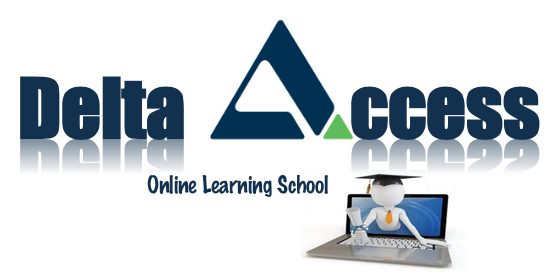Plagiarism
Plagiarism and Academic Dishonesty
Plagiarism is the unauthorized use or close imitation of the language and thoughts of another author and the representation of them as one’s own original work, as by not crediting the author (Dictionary.com) http://dictionary.reference.com/browse/plagiarism
Plagiarism can be done either intentionally or accidentally. Regardless, it is an academic offence that carries with it varying levels of consequences – from a mark of zero for work submitted to expulsion from the course and/or on-line program. Plagiarism takes various forms: copying another’s work, not citing another’s original work, cutting and pasting from the internet and claiming the work as your own, allowing other students to copy and submit your work as their own, and so on. It is YOUR RESPONSIBILITY to be aware of the rules around using and citing other people’s work.
ChatGPT or AI
Use of the generative AI technology ChatGPT or any generative AI tool is also in violation of the Delta Access Plagiarism policy. If student work is suspected to be produced with artificial intelligence it will be run through one of our AI checkers to confirm. If confirmed it will be treated the same as any other plagiarism violation.
An excellent website that answers questions about plagiarism can be found at:
http://www.plagiarism.org/
http://www.grammarly.com/
http://www.englishclub.com/writing/plagiarism.htm
http://australianhelp.com/plagiarism
If you are uncertain as to whether you may be plagiarizing someone’s work, check with your teacher or consult the many websites that outline the rules.
If a student is found to have submitted plagiarized work, the Delta Access teacher will notify both the student and Delta Access administration to document the violation and to determine further consequences. Repeated occurrences of plagiarism will likely result in a final mark of “Failure” in the specific on-line course.
